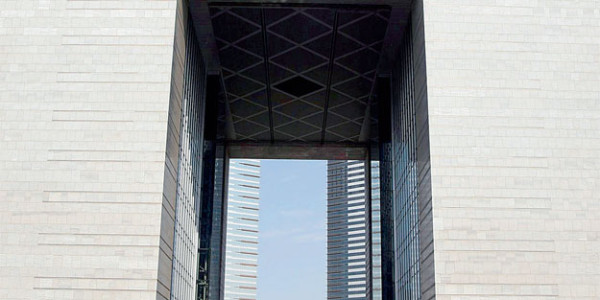Taylor Scott International News
Why the rich are eyeing Dubai real estate Issac John (issacjohn@khaleejtimes.com) / 8 October 2013 Dubai has replaced Singapore to claim the second rank behind London as the most sought-after global real estate investment destination for the world’s high networth individuals (HNWI), a survey revealed. The security and lifestyle that Dubai offers top the list of attractions for investors, while capital value growth and the emirate’s perceived safe haven status top the list of factors influencing the HNWI investments into Dubai, Cluttons, the global real estate company, observed. The observation was based on the findings of Cluttons International Private Capital Survey of nine of its global offices, which represent the 461 HNWIs. Last year’s results suggested that global HNWI would seek out investment locations closer to home markets as the world economy began its journey back towards a meaningful recovery. Cluttons has seen this come through in the results of this year’s survey, with Dubai in particular rising sharply in the minds of the region’s HNWI. According to the survey, those from the Middle East now prefer Dubai to London, with Cluttons’ offices in Manama and Muscat reporting capital value growth, the emirate’s perceived status as a safe haven and relatively high yielding residential property as the top three pull factors influencing the HNWI. Among Dubai’s top three factors drawing the attention of the HNWI, the lifestyle on offer in Dubai through the ownership of a second home and the security offered through real estate investments in the Gulf city rank behind the emirate’s lure as a place to expand investment portfolios. The study considers the drivers of these investors’ intentions as an indicator of future trends in international capital allocation, both geographically and at a sector level. “It was unsurprising to see Dubai re-emerge as the region’s top investment pick given the current economic resurgence; however we expect the IMF estimate to be bettered, particularly as Dubai’s real estate sector continues to recover, adding further momentum to overall growth,” said Steven Morgan, Head of Cluttons Middle East. Dubai, capitalising on its pillars of strength of trade, tourism and financial services, is once more drawing in the region’s wealth, which is honing in on Dubai’s bricks and mortar, said Cluttons. “The resulting impact on the residential market has been a 30.6 per cent surge in average capital values, aided also in part by cheaper debt financing and those looking to avoid escalating rents.” The survey identified an upturn in cross border investment amongst HNWI, consistent with broader trends in international capital flows. According to the United Nations Conference on Trade and Development (UNCTAD) forecast foreign direct investment (FDI) levels in 2013 would be in the region of $1.45 trillion, which, if achieved, would be comparable to the average level of global FDI flows achieved between 2005 and 2007. “There is a global reach for the planned investments, with London, Dubai and Singapore noted as the top three ranked HNWI targets in our offices. London received the most consistent mention in terms of investment plans; however there was a notable increase in the level of interest in Dubai compared to that reported last year. As a result of this, Singapore was edged into third place, although there have been no fundamental changes to the city-state’s overall HNWI appeal,” Cluttons said. The report said an improved global economic outlook is translating into a greater level of investment activity by HNWI closer to their home markets. “This is illustrated by the rise of Dubai among favoured investment destinations, particularly by HNWI investors from Manama and Muscat, following a widespread exodus as a result of the property market correction in 2009.” Cluttons expects to see this trend gain further traction over the course of the next 12 months across the Middle East and Asia Pacific, as HNWI investors pay greater attention to local investment destinations, in line with improved economic prospects in the emerging markets in particular. This is aided by the rising appetite for risk in investment decision-making, expected to continue over the next year, it said. Taylor Scott International
Taylor Scott International, Taylor Scott








